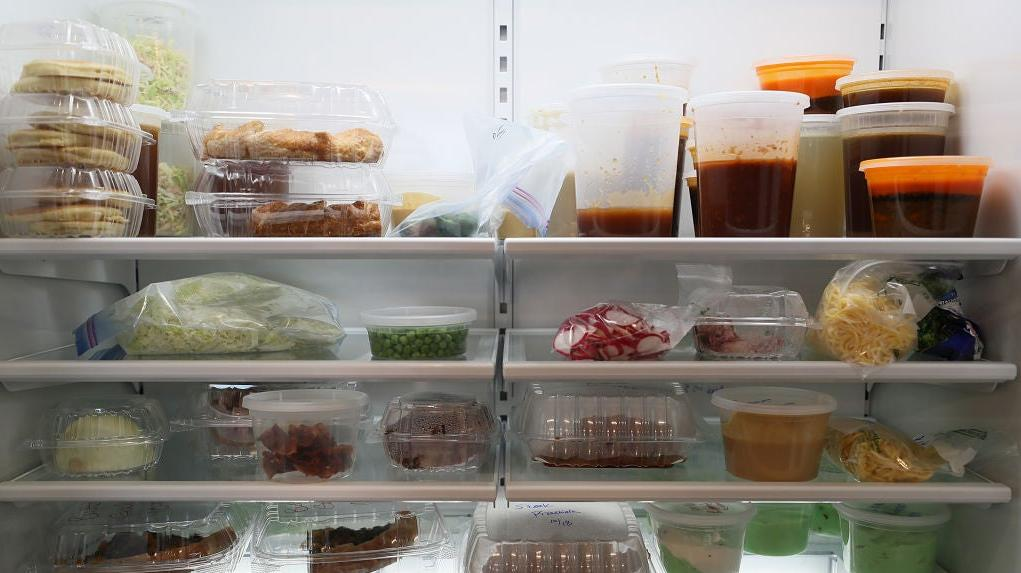How Long Do You Really Hold Onto Leftovers?
Or, should I eat this two-week-old vegetable soup?
I've been looking at the same vegetable soup for almost two weeks. I made it on New Year's Day, a hodgepodge of potatoes and lima beans and carrots and celery with which to welcome 2022. But I live alone, and I've barely made a dent in the soup's roughly 16,000 servings. In fact, the soup seems to be growing larger and more powerful with every passing day. "You should really be eating me," the soup says, its raised Tupperware lid forming a curled lip.
I've had this soup for a long-ass time. The question is: How long is too long? It's made with veggies and chicken stock which, in theory, would last much longer than, say, a leftover chicken breast. And, as you probably know, the Takeout team is generally in favor of leftovers. Leftovers can help solve crimes. They can serve as wonderful vessels for puff pastry. But they can also make you sick if you're not careful.
With this in mind, I'm curious to hear from you, readers. Do you have hard-and-fast rules for leftovers? And do those rules change based on the source of the food or its packaging? For example, a restaurant hamburger patty stored in a styrofoam box is probably getting tossed after a few days—but what about the leftover fruit salad you toted home from the 24-hour diner? And is your approach driven by instinct or something more tangible, like scent or condensation? (Personally, I find wet styrofoam extremely off-putting. I've been known to toss a perfectly lovely butter chicken based solely on the presence of water droplets.)
Finally, do you save restaurant leftovers longer than you save leftovers from your own kitchen? I find this to be true in my house—maybe because I'm absolutely certain of the prep methods used in my homemade meals. Maybe I'm overthinking all of this. I don't know. Tell me your thoughts on my soup.
